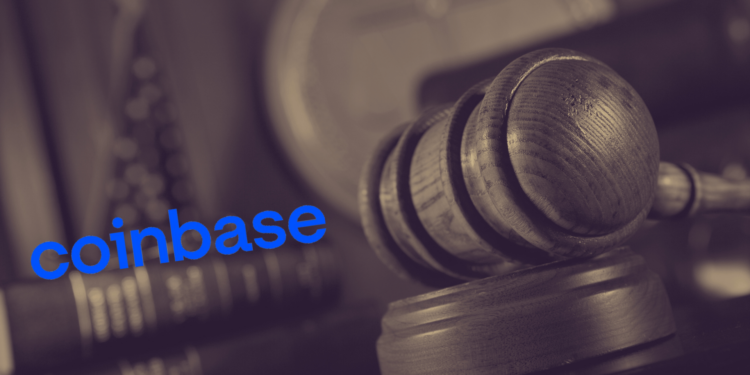- Judges challenge SEC’s minimal explanation for denying Coinbase’s petition for clear crypto regulations.
- Coinbase claims the SEC’s denial lacks justification, highlighting ongoing enforcement actions against crypto firms.
- SEC defends its decision, citing competing priorities and ongoing efforts as reasons for not pursuing new rules.
The United States Court of Appeals for the Third Circuit recently reviewed the Securities and Exchange Commission’s refusal to create specific regulations for cryptocurrencies, as requested by Coinbase. In July 2022, Coinbase asked the SEC to provide guidelines regarding digital assets and their classification as securities. However, in late 2023, the SEC turned down the petition, prompting the company to challenge the decision in court.
On September 23, the court panel voiced concerns over the SEC’s response to Coinbase’s request. The judges pointed out that the regulator’s reasoning for denying the petition seemed almost nonexistent. Judge Thomas Ambro emphasized that while the SEC is not obligated to give a detailed explanation, it must still offer a clear rationale for its decision.
Coinbase’s Argument on SEC’s Denial
Coinbase argued that the SEC’s response was insufficient, considering the increasing number of enforcement actions targeting crypto companies. Eugene Scalia, representing Coinbase, claimed that the SEC provided no valid justification for refusing to address the issues that Coinbase raised. Scalia also criticized the lack of practical solutions for digital asset firms attempting to comply with outdated SEC regulations.
Paul Grewal, Coinbase’s chief legal officer, expressed frustration with the SEC’s refusal to provide meaningful guidance. He noted that while enforcement actions continue, there is no clear framework to help the crypto industry operate within the law.
Judges Press SEC for Clear Guidance
The court’s judges raised concerns about how firms can follow rules that might not be applicable to cryptocurrencies. Judge Stephanos Bibas remarked that the SEC appears more focused on penalizing companies rather than offering regulatory clarity. He noted that with so many enforcement actions already underway, the regulator’s reluctance to create new rules seemed contradictory.
The SEC defended its actions, stating that its decision not to engage in rulemaking stemmed from competing priorities and other ongoing initiatives. Despite this explanation, the judges remained unconvinced, with some questioning whether the agency was doing enough to support the growing crypto industry.














